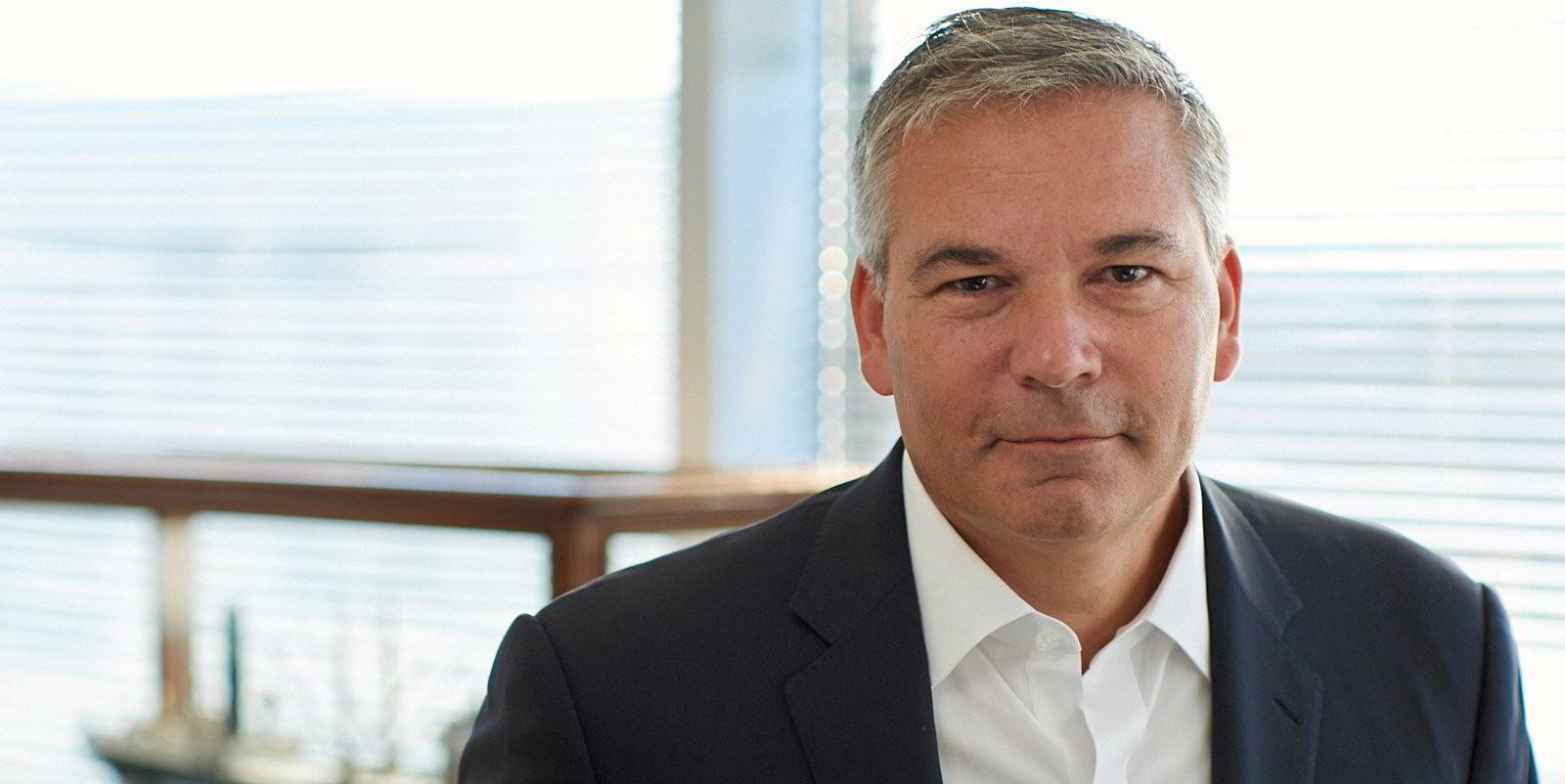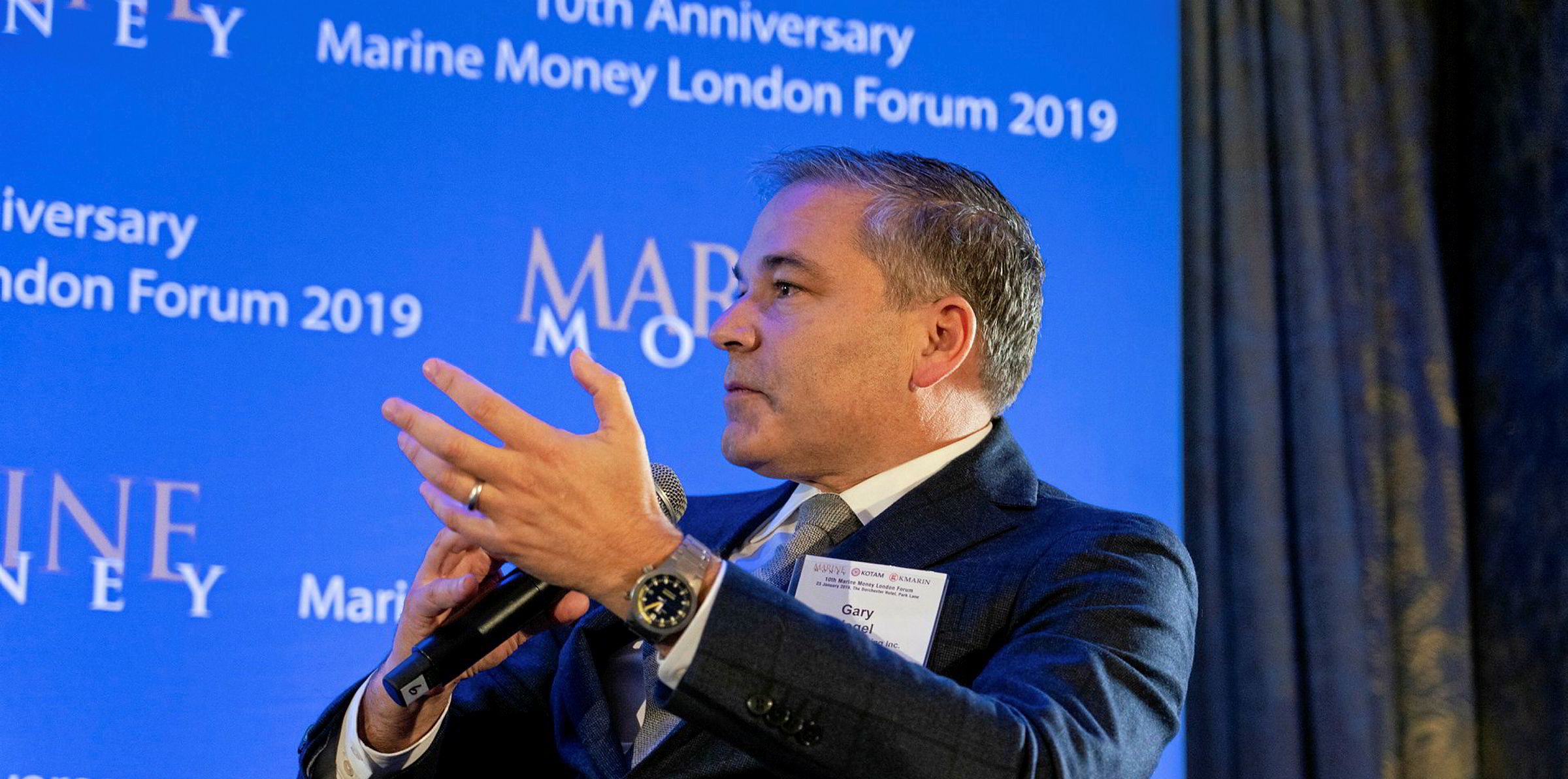This past year has been the most unpredictable since 2008, when dry bulk rates reached a record high and record low — all within six months. We entered 2020 with optimism supported by positive market fundamentals, wide fuel spreads, and catalysts for increased scrapping. Of course, Covid-19 dramatically changed the world.
After a year like no other, TradeWinds asked 40 shipping industry stakeholders what they see for 2021 after a year beset by the coronavirus, and how the pandemic will shape shipping's future.
It feels trivial to address the business impact of Covid-19, without first acknowledging the human suffering and sacrifice that has taken place globally. Fortunately, there is a light at the end of this dark tunnel as vaccines have been successfully developed in record time. A scientific triumph to be celebrated!
Looking ahead, I do not believe Covid-19 has changed Eagle’s long-term path. Instead, I think we will look back at 2020 as a "lost year".
Nearly one year removed since the outbreak of Covid-19, we believe the table is set for a continued rebound and a sustained positive dry bulk market. The vessel orderbook continues to dwindle, with supply in the midsize dry bulk segment at the lowest in history at just 5.5%. Combined with an expected normalisation of trade on the back of a recovery in global GDP growth, as well as stimulus, this bodes well for a robust market.
In a segment that has seen demand growth in 18 of the last 20 years, vessel oversupply has been the single biggest impediment to a healthy market. Looking ahead, there are several factors that should continue to help limit vessel ordering.
This includes uncertainty regarding decarbonisation and future fuels, as well as a general lack of cost-effective capital.
Of those owners who have the ability to order ships on spec, I am cautiously optimistic that many, like ourselves, will do the right thing and refrain from ordering conventionally powered vessels that the world simply does not need.
Having said all of this, there is one thing that needs to change. Covid-19 has exposed vulnerabilities in the crew-rotation mechanisms we have always relied upon, and frankly taken for granted. While I am proud of how we and others in the industry dealt with this unprecedented challenge, it is our seafarers who truly bore the brunt of the crisis.
Simply put, we owe it to them to work across governmental and industry groups to put in place structures and processes to ensure that the industry is better positioned to support our seafarers for whatever eventuality may come to pass in the future.





